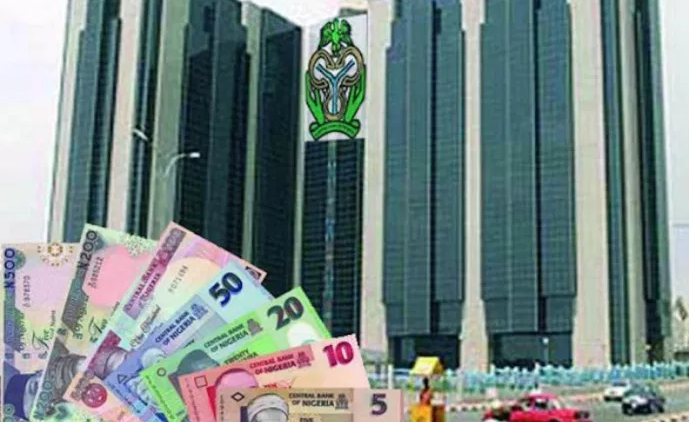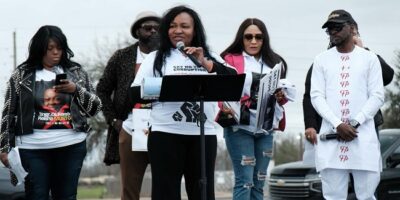Report: FG’s Revenue Falls By 12.8% To N807bn In January

- Expenditure rises by 7% to N771bn
The total amount of revenue generated by the Federal Government in January 2021 was N807.54 billion.
This was 12.8 per cent lower than the N910.9 billion generated by the government in the corresponding period of 2020 and 4.6 per cent below the provisional budget benchmark for the period, according to data from the Central Bank of Nigeria (CBN) economic report for January 2021, obtained from its website at the weekend.
In contrast, the provisional aggregate expenditure of the federal government rose from N717.60 billion as of December 2020, to N770.77 billion in the reporting period.
According to the report, oil and non-oil revenue constituted 45.4 per cent and 54.6 per cent of the total collections, respectively.
It stated that the modest rebound in crude oil prices in the preceding three months enhanced the contribution of oil revenue to total revenue, relative to the budget benchmark.
However, non-oil revenue sources underperformed, owing to the shortfalls in collections from Value Added Tax (VAT), corporate tax and the federal government’s independent revenue sources.
The report said retained revenue of the federal government was lower-than-trend due to the lingering effects of the COVID-19 pandemic.
At N285.26 billion, the federal government’s retained revenue fell short of its programmed benchmark and collections in January 2020, by 41.3 per cent and 7.5 per cent, respectively.
In contrast, the provisional aggregate expenditure of the FGN rose from N717.60 billion in December 2020 to N770.77 billion in the reporting period, but remained 14.4 per cent below the monthly target of N900.88 billion.
Fiscal operations of the FGN in January 2021 resulted in a tentative overall deficit of N485.51 billion. Total public debt outstanding of the FGN as at end-September 2020, stood at N28.032 trillion, with domestic and external debts accounting for 56.5 per cent and 43.5 per cent, respectively,
it added.
According to the report, the shortfall in revenue target may further constrain fiscal policy implementation, particularly, at the sub-national governments, where a chunk of annual budgets was expected to be financed from Federation Account Allocation Committee (FAAC) allocations.
It stated that total allocations to both states and local governments in January 2021, remained below the provisional budget estimate.
The report added that federation account revenue in January was driven by developments in the oil and non-oil revenue inflows.
It said oil revenue, at N366.53 billion, exceeded the provisional target of N295.39 billion by 24.1 per cent, due to the sustained improvement in crude oil prices.
However, despite the modest increase in oil prices, oil receipts in the review period was 34.2 per cent below the receipts in the corresponding period of 2020.
This was attributed to the weak global demand relative to the pre-COVID-19 pandemic levels.
A disaggregation of oil receipts in January 2021 indicated that proceeds from the Petroleum Profit Tax (PPT) & royalties and crude oil and gas sales contributed N208.26 billion and N136.25 billion, respectively, jointly accounting for 94 per cent of the total oil revenue.
At N13.53 billion, crude oil and gas export was significantly below the provisional target for January 2021 and earnings in the corresponding period of 2020 by 75.3 per cent and 76.3 per cent, respectively.
This suggested that accrued revenues from crude oil and gas sales, were majorly realised from domestic consumption, as crude oil export earnings remained low,
it added.
It stated that at N441.01 billion or 54.6 per cent of the gross federation revenue, the contribution of non-oil revenue to the federation revenue was 20 per cent below the provisional benchmark.
However, non-oil receipts in January 2021 outperformed collections in December 2020 and January 2020 by three per cent and 19.4 per cent respectively.

Justin Nwosu is the founder and publisher of Flavision. His core interest is in writing unbiased news about Nigeria in particular and Africa in general. He’s a strong adherent of investigative journalism, with a bent on exposing corruption, abuse of power and societal ills.













